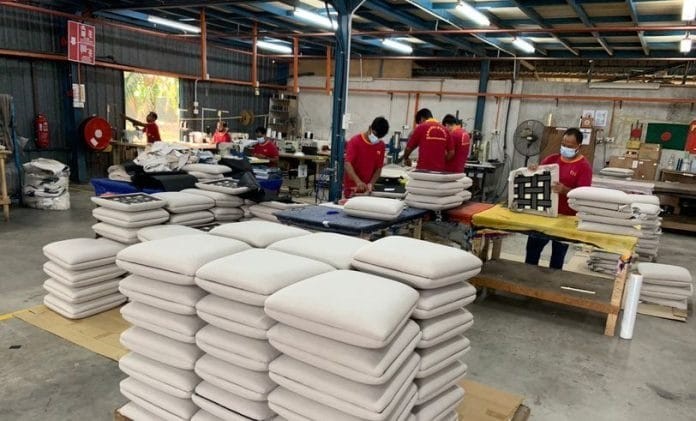
The Small and Medium Enterprises Association of Malaysia has expressed deep concern over the impact of the newly imposed reciprocal tariffs by the United States on Malaysian SMEs.
It notes that these tariffs could significantly affect Malaysian exports, particularly in key sectors such as electronics, palm oil derivatives, rubber-based products, and textiles and garments. The association warns that the higher tariffs will likely increase costs for both importers and exporters, reduce competitiveness in the US and other markets, and potentially affect jobs and investments within SMEs.
However, the association believes that Malaysian SMEs can adapt and benefit from these global trade shifts with the right strategies. The association urges the government and SMEs to take proactive measures to mitigate risks and seize new opportunities.
It also anticipates a period of uncertainty as economies in the region and other affected nations readjust their strategies. The reaction of larger economies, such as China, to these tariffs will also play a crucial role in determining the extent of the impact on Malaysian industries.
Domestically, it is projected that the impact to range from minimal to moderate, with imported goods from the US expected to become more expensive in the mid-term.
A significant concern raised is the potential for dumping from affected economies, especially large manufacturing hubs, which it believes could have more severe repercussions for Malaysian SMEs than the direct tariffs on exports to the US.
SAMENTA advises businesses, particularly SMEs, to diversify their sources of raw materials and customer base to mitigate supply chain risks, emphasizing that this is a beneficial practice regardless of the tariffs.
The association also highlights the increased urgency for ASEAN to lower non-tariff barriers (NTBs) and advocates for the revival of discussions around creating a single ASEAN market, potentially in the form of a customs union, to enhance the region’s position as an exporting bloc and a large regional market.
Time to shift in focus for Malaysian SMEs from “Made in Malaysia” to “Made by Malaysia,” encouraging them to concentrate production in ASEAN economies with lower production costs while strengthening domestic R&D and innovation.
Source: https://www.businesstoday.com.my/2025/04/03/malaysian-smes-in-for-a-rough-ride/

